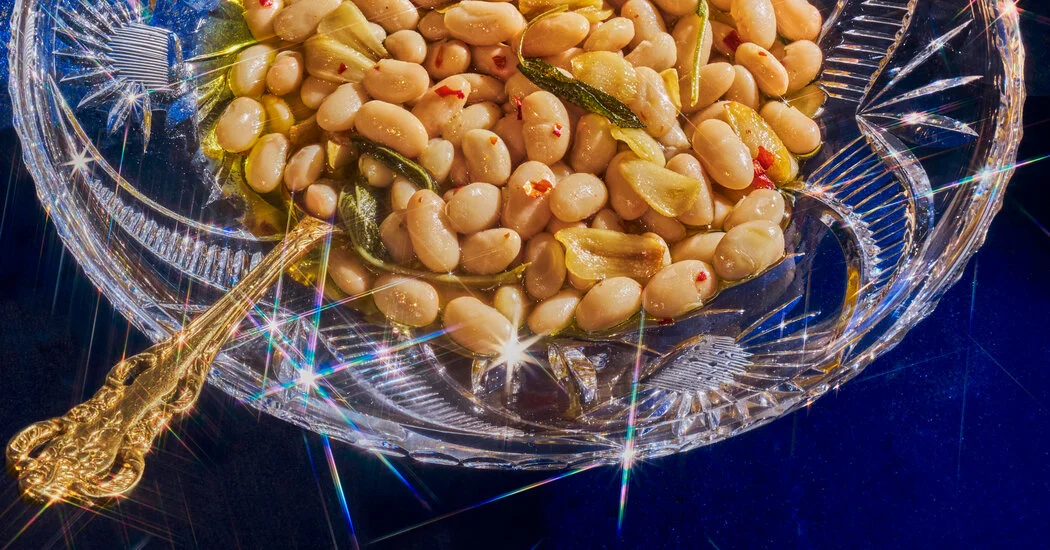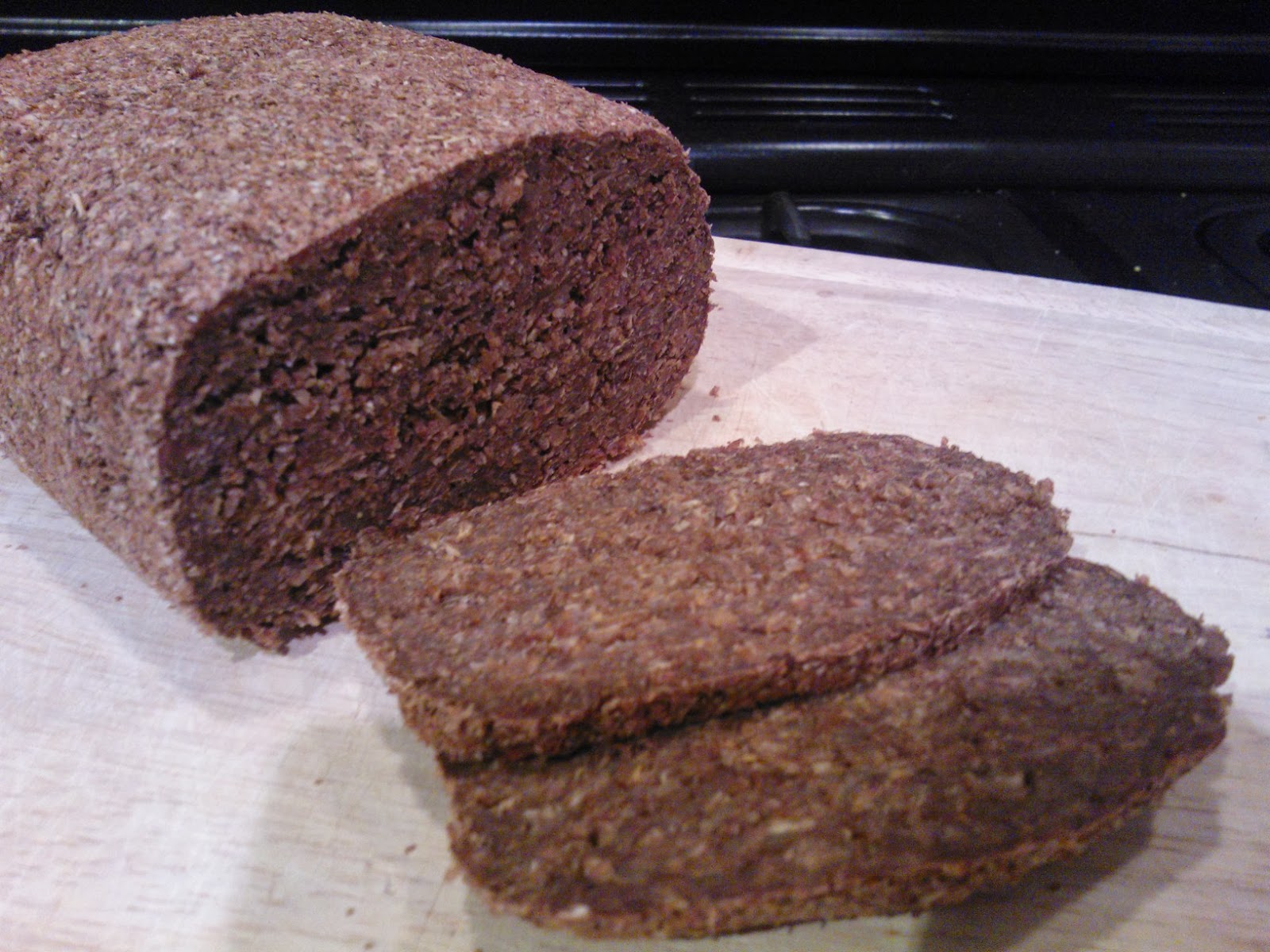However, no one is born loving hot dogs or disliking broccoli and Brazil nuts; our food preferences are learned.
This is one study. Both the author of this article and you should not be so quick to draw strong conclusions.
For instance, the idea that early humanoids took the form of “cavemen” who ate a ton of meat is debated, and largely built on assumptions made from finding hunting tools.
More recent evidence of the oldest known fossilized human feces has shown very amounts of dietary fiber - much more than our modern diet. The amount of meat eaten in the USA today is not historically common.
2nd reply, because when I wrote my first one, your reply was just the first line.
For instance, the idea that early humanoids took the form of “cavemen” who ate a ton of meat is debated, and largely built on assumptions made from finding hunting tools.
I think they were highly seasonal. You had periods where you could gather a lot fruit and plants to eat, your hunting season and your “bare” season where you had to rely on surpluse and preservation. Diet would be highly variable depending on where and when and what resources and technologies were availbible.
The amount of meat eaten in the USA today is not historically common.
Not on average, for sure. But as I said in my first replies, there are examples of early communities that lived almost entirly of meat. Not even a side of fries.
Yeah, it’s just one study but it’s part of a bigger picture.
Once humanity discovered fire and basic techniques for preservation it became viable for groups of people to work together and produce a surpluse of highly nutritious food and the ability to store it for later. And the majority of very early human history is centred around either hunting or fishing communities. That’s how most humans lived before we eventually came up with agriculture, which was just around 10.000 years ago. We were hunter-gatheres for like 200.000, maybe much longer. That’s a timespan that allows for minor gentic adaptations like that, especially if there is a strong evolutionary pressure. Some extreme example would be early civisations in the arctic regions, which sometimes entirly depened on one food source (very often seals).
So I’m pretty confident in saying that taste not just “learned behavior”. Of course there are genetic factors involved, it would be aburd if there weren’t. We are just animals afterall.
However, no one is born loving hot dogs or disliking broccoli
But we ARE! Doesn’t anyone remember the whole kerfuffle about the ‘bitter’ gene and PTC sensitivity?
But we ARE!
You just qouted my qoute, I’m not saying that. I agree with you. It’s a bit similar to arachnophobia. There seems to be a genetic inate behaviour to avoid certain creepy crawlies. And it can be unlearned. But it’s absurd to deny that it’s there.
Sorry, I was trying to add my support. You gave good evidence for a meat preference and I wanted to back it up with evidence of genetic aversion to the specific vegetable mentioned in the original article.
This is plain false.
Cooked doesn’t have to mean meat.
I’m sure there are also preferences towards other cooked foods, but the study I linked is specifically talking about cooked meat.
Just make falafel. A good falafel wrap is just delicious on its own. Deep fried chickpeas. Absolutely amazing.
I’ve had some amazing black bean burgers, and they opened my eyes to how awesome beans can be.
A great food experience is crucial to letting people see that it’s not so bad cutting back on meat.
Well, the thing about falafel is that you’re not necessarily cutting back on meat. You’re just eating falafel because of how good it is –
There’s no mental disconnection that “oh man, I wish this was beef”, no, it’s just “God damn this tahina sauce and pickled cabbage is amazing”
I’d argue that’s the same for black bean burgers. They are not like faux meat burgers, but a thing on their own.
Yep, which is why I offered that as a supporting example!
You’ve convinced me. I’m gonna try one next time I’m getting burgers. What sauces go well with black bean burger?
They are pretty versatile, especially if they are homemade. But my go-to’s are a smokey bbq sauce or sriracha mayo
Mmm, spicy mayo sounds good. How about cheeses, what goes perfectly with a black bean burger?
Eh, anything that melts I’d suppose. Most of the times I used gouda, because that’s what was in the fridge
Some time ago, i ate beans when i needed to save money. I didn’t hate it, but i didn’t love it.
Now i get super excited when i have beans at home that are already soaked and ready to go. Beans are fantastic.
That’s cool. It’s only later in life that I came to know that some people associated beans with poverty.
When I was growing up, it was just another staple protein, along with lentils, chickpeas, soy, and occasionally meat. So I just kept that up when I started shopping and cooking for myself.
Glad you were able to get over a negative first impression! That’s impressive.
Black beans with bulger and spices, miam miam!
It does not do well on a grill, though, so be warned
I was at a comic con where when you wanted a burger or something you had to wait in line for like 30 minutes. They also had. A stand with vegan wraps. I don’t know exactly what was in it, but i think it’s some sort of fried chickpeas. It was one of the best things i ever ate, and there was no pine at all.
Make them pay full price of meal and inspect factories?
Beef patty would triple in cost.
I had the argument with my sister that meat and dairy is too cheap. She looked at me like she tried to kill me. I pay 3 times as much for oar milk as she does for regular milk. Milk, the thing you beed a cow for, go through all kinds of machines, labour testing whatever. Compared to basically water and oat. The dried meat she buys is cheaper by a good bit than the dried beets that i buy. I wanna see people shit their pants when a steak is 50 bucks while whatever the plant based alternative is a dollar.
A good place to start might be to look at the huge number of ethnic dishes built around beans. People around the world have been inventive in this regard for centuries.
For the North American diet, it would help if fast food offered more bean options. There’s Taco Bell and the like, I guess. And hummus and falafel are working their way into places that sell wraps. But while burger joints are increasingly offering veggie burgers that are presumably using some kind of bean or pea-based protein, I wonder why they don’t try offering a chili? We have a chilli festival where I live and it’s hugely popular with around half the recipes being bean-based.
Lemmy is the perfect demographic for such an article.
People already eat fucking tons of beans. Wtf is this non-article?
In the US, they’re mostly fed to animals, though a chunk get turned into diesel
There’s even anti-bean propaganda in the Form of “Mexican food gives you the runs”. America hates beans.
I’ve heard that joke, but is that anti-bean propaganda? I thought it was to do with spiciness, not the beans. I’ve heard the same joke about Indian food.
I’d secondarily also think the joke was about greasy food. Either way, not the beans.
I think that holds internationally, but the USA eats a massive amount of meat and less beans comparatively.
Make bean memes great again!
Can we just have landlords instead? /j
Idea scratchpad:
- Hire celebrities and late night talk show hosts to endorse the product and/or do skits about the product
- Incentivize the product by offer pairing, example: offer free donut or free burger and fries along with product
- Schedule airtime for industry experts to proselytize the product’s efficacy
- Offer different versions of product from loosely “competing” vendors. The natural human tendency to form tribes will carry the promotion of said product.
- Overtly threaten your potential consumers: “If you don’t consume <Humble Bean> then you’re going to lose your means of income!”
- Tie the consumption of product to their natural rights, while sneakily rebranding rights simply as “privileges” that can be revoked in response to product refusal.
These aren’t my own ideas. I’m just borrowing them from some experts in the field.








